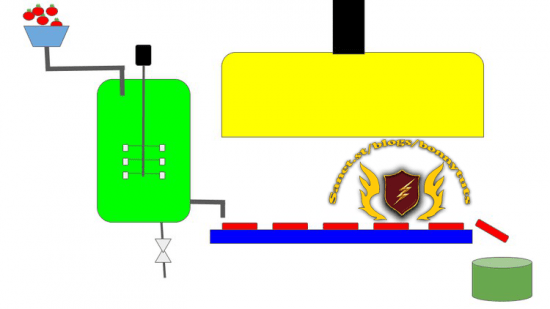
Published 08/2022
MP4 | Video: h264, 1280×720 | Audio: AAC, 44.1 KHz, 2 Ch
Genre: eLearning | Language: English + srt | Duration: 22 lectures (5h 31m) | Size: 1.64 GB
Food shelf life studies, preservation, packaging, sterilization and more
What you’ll learn
Food engineering concepts and significance to the sustainable development goals and Industry
Processes and governing equations of food shelf life studies
Key processes like sterilization and food packaging
Food preservation processes
Requirements
Some knowledge of general science and/or chemical engineering is helpful but not required
Description
As the global population is expected to reach over 9 billion by 2050, there is an increasing need to develop innovative ways to produce food and ensure the food produced can last long, contain as many nutrients as possible per gram, be safe and reach further. Food engineering is the tool to meet these needs of the present and future population. This course covers the aspects of food engineering that are directly related to food. It has been designed in such a way that regardless of your background knowledge or prior education, by the end of the course you should be able to have a good understanding of the food engineering concepts introduced here. Participants of the course should, at the end of the course be able to understand how some food processes are carried out in the industry and the role of the food engineer in meeting the sustainable development goals with regards to food security. In addition to this, by the end of the course participants should be able to apply some of the governing equations to do some fundamental shelf life studies calculations and food sterilization calculations. Topics covered in the course include
Food engineering, food security, and the SDGs
Socioeconomic impact of food engineering
Food deterioration & shelf life studies
Food preservation processes
Food sterilization
Food packaging
Temperature tolerance of food in storage
These are further broken down into various sub-topics. The course uses a combination of audio-visual explanations and illustrations as well as worked examples and test yourself quizzes to aid your learning.
Who this course is for
University students
Policy makers
Professionals in food or other industry
Engineers and technicians in food industry or related industry
Business professionals or investors in food industry
Equipment operators in food industries
Manufacturers
Food distributors
others
Password/解压密码www.tbtos.com